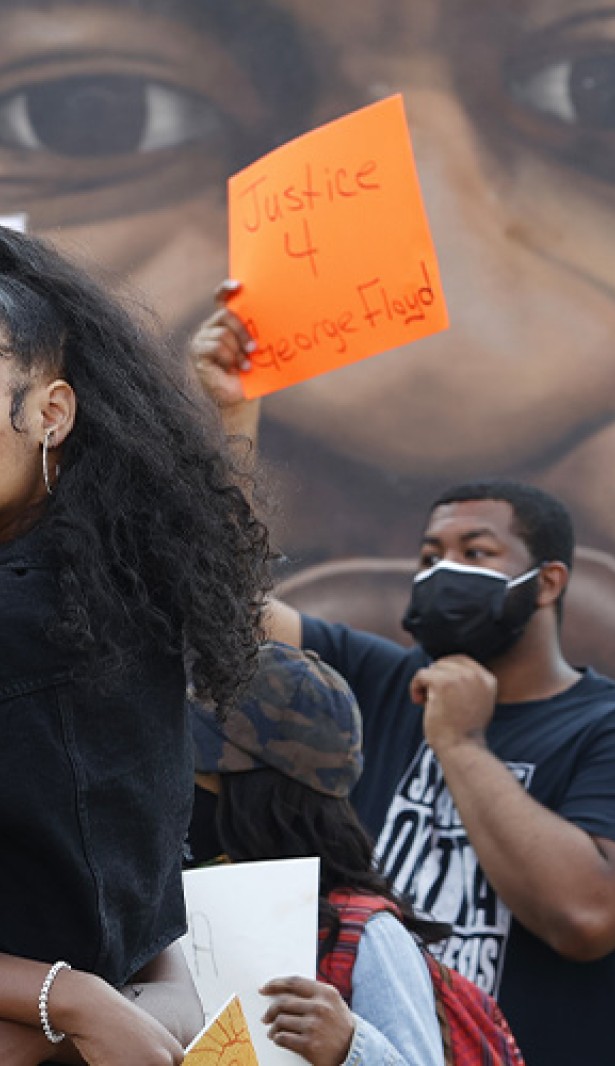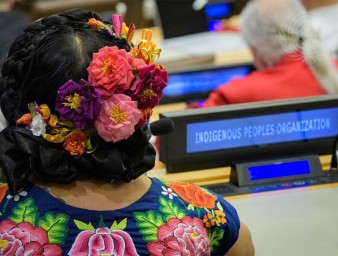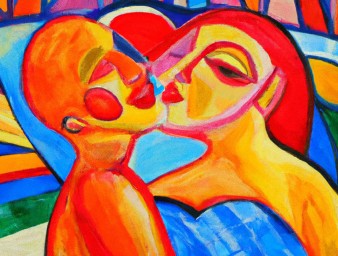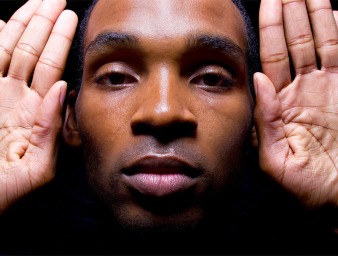Verdict is testament to courage, perseverance and justice
21 April 2021
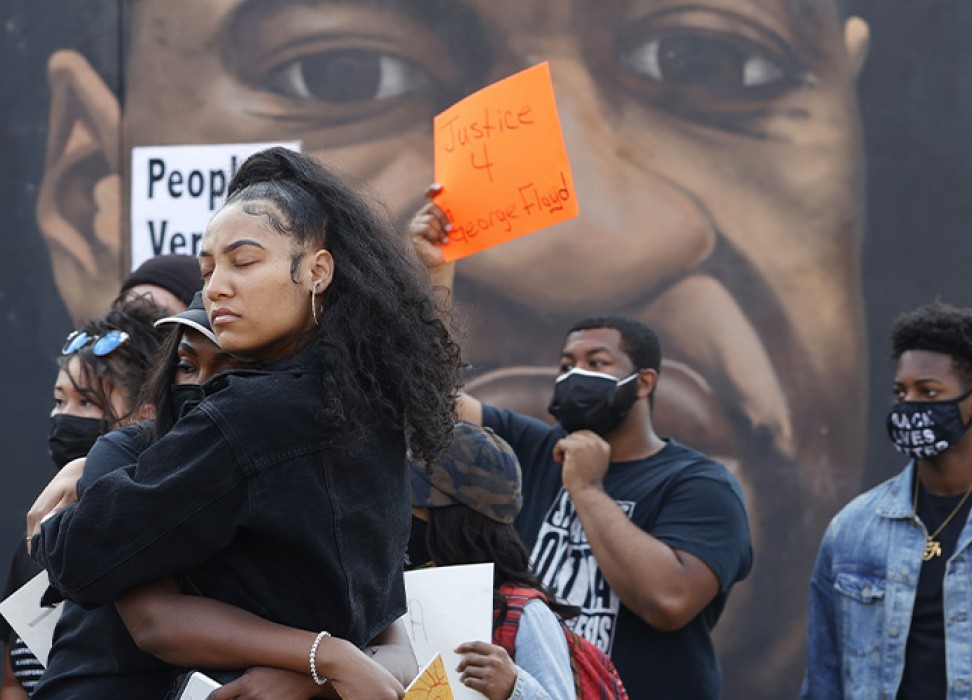
“This is a momentous verdict. It is also a testament to the courage and perseverance of George Floyd’s family and many others calling for justice,” said UN High Commissioner for Human Rights Michelle Bachelet.
“This is a momentous verdict,” said UN High Commissioner for Human Rights Michelle Bachelet. “But for countless other victims of African descent and their families, in the United States and throughout the world, the fight for justice goes on. The battle to get cases of excessive force or killings by police before the courts, let alone win them is far from over.”
Bachelet was commenting on the guilty verdict for former Minneapolis Police Officer Dereck Chauvin for the killing of George Floyd. A jury in the United States found Chauvin guilty of second- and – third degree murder and second-degree manslaughter on 20 April 2021. Three other officers have been charged with aiding and abetting murder and manslaughter and are expected to be tried later this year.
“What this verdict tells us, what this moment tells us, is that this a moment of solidarity,” said Dominique Day, chair of the Working Group of Experts on People of African Descent (WGEPAD). “Where around the world there is a recognition that accountability can be had and recognition that this moment applies not just to African-Americans, not just to Americans and to Black people in the US, but it applies globally, (showing) what we can expect from our governments and from our institutions.”
Bachelet said Floyd’s case of police brutality helped to reveal how much remains to be done to confront and dismantle the entrenched legacy of discriminatory policies and systems.
“Now is also the time to critically examine the context in which George Floyd’s killing took place by revisiting the past, and examining its toxic traces in today’s society,” she said in a statement. “The redesign of our future can only be through the full and equal participation of people of African descent, and in ways which transform their interactions with law enforcement, and, more broadly, in all aspects of their lives.”
Floyd’s death in May 2020, sparked global protests around police brutality and systemic racism. These protests lead to an urgent debate in the Human Rights Council in June 2020. Held at the request of the African Group of States, the debate focused on racially inspired human rights violations, systemic racism, violations by law enforcement officers and violence against peaceful protests.
The Council subsequently adopted by consensus a resolution on the “Promotion and protection of the human rights and fundamental freedoms of Africans and people of African descent against excessive use of force and other human rights violations by law enforcement officers”. Bachelet will present a report in June 2021 on the resolution that will include an agenda for transformative change to dismantle systemic racism and police brutality against Africans and people of African descent, and advance accountability and redress for victims.
In the map of the anti-racism and discrimination movements, the verdict sits a very visible high point, Day said. It is an example of what it means to be human rights centred, that part of justice is accountability, and part of justice is reparations.
“I do think that at some level, the global demand for change, the global frustration with the status quo and the idea that these systems, including our governments, really rely on business as usual despite the threat to lives like ours are ultimately really well reflected in this verdict,”
21 April 2021
